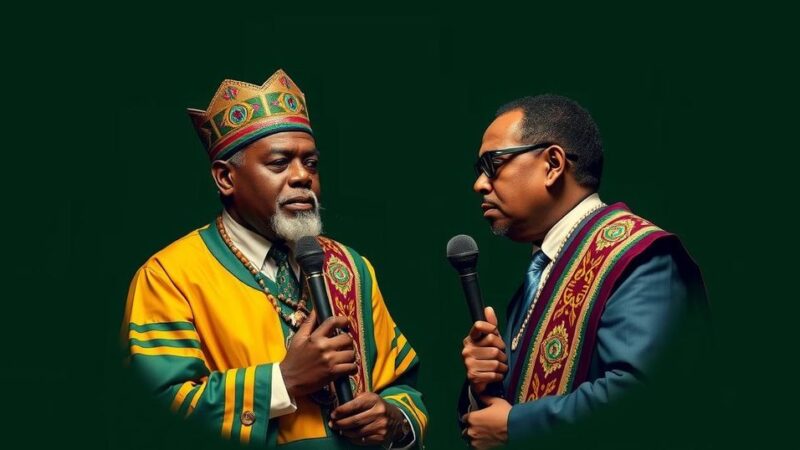The article explores the resistance and resilience of queer people in Appalachia against the backdrop of political appointments and ongoing climate crises. It critiques national narratives that misrepresent the region, particularly during political seasons, and highlights community efforts such as pride parades and arts festivals that empower local queer identity. The author emphasizes the importance of solidarity and grassroots organizing in fostering joy and resistance amidst overwhelming external narratives.
In the context of the ongoing political landscape and the devastating impacts of recent natural disasters, the narrative surrounding rural Appalachia often fails to capture the rich diversity and resilience of its communities, particularly the queer and trans populations. The essay reflects on how the selection of JD Vance as a political figure represents broader narratives that marginalize queer identities, while emphasizing the steadfastness of local queer individuals and coalitions in nurturing solidarity and joy amidst oppressive narratives. The lyrics of a vibrant local culture persist even when overshadowed by national news coverage that often portrays Appalachia stereotyping it as monolithically conservative and economically disadvantaged. The author recounts personal experiences of disconnection from mainstream media discourse while sharing uplifting accounts of community-driven events, such as the Appalachian Trans Music and Arts Festival and the Greenbrier Valley Pride Parade, both of which celebrate queer identities and assert their place within these often overlooked regions. Despite national media narratives that attempt to reduce Appalachian culture to one of despair, the article underscores the continuous collective efforts of queer Appalachians in resisting such labels, fostering community, and pushing for a more inclusive future. By highlighting local pride events, collaborative art initiatives, and grassroots organizing, the author reveals a compelling counter-narrative to the dominant discourse, which tends to exaggerate division and alienation. Ultimately, the vibrant community spirit reinforced through collaboration and mutual support among queer and trans individuals in Appalachia emerges as a potent illustration of resilience, affirming their rightful place in the landscape of rural America. The call to action encourages readers to engage with effective relief efforts amid recent disasters, advocating for the lived experiences of rural queer communities, who refuse to be defined by the limitations imposed by external narratives.
The article revolves around the realities of queer Appalachians amidst national political discourse and natural disasters, particularly focusing on the implications of political figures like JD Vance. It examines the repetitive casting of rural Appalachia in a narrow light, predominantly as conservative and economically struggling, while ignoring the diversity and activism present within these communities. Highlighting a series of local events that empower queer identities demonstrates how residents conduct their social activism outside the purview of dominant media narratives that often overlook their experiences.
The narrative illuminates the backdrop of systemic marginalization while showcasing the resilience and strength of queer communities in Appalachia. Through organizing events, creating inclusive spaces, and fostering connections, these groups exemplify unwavering solidarity, rejecting the stereotypes assigned to them. The author calls for broader recognition of these realities while urging support for grassroots efforts, thereby encouraging a contextual understanding and appreciation of the diverse Appalachian identity.
Original Source: www.them.us






